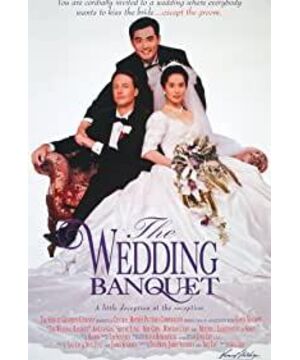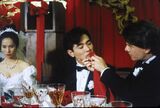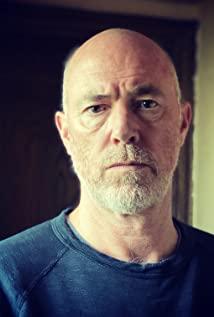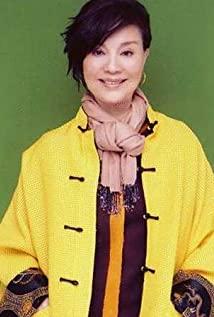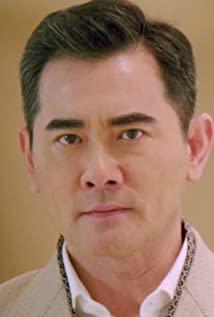As a comedy, "The Wedding Banquet" has all the humorous elements. All kinds of coincidences, language barriers, and lies collide to create interesting burdens.
But by the time a face-filled wedding feast was over, all the humor seemed to run out. The film begins to enter into conflict. If the purpose of the previous wedding banquet was to fulfill the wishes of parents to go to the United States to hold a beautiful wedding for their son, the purpose after the wedding banquet is more complicated, that is, parents ask gay sons to carry on the family lineage.
This apparently impossible task became a reality because of the heroine Wei Wei's love for her son Wei Tong. The conflict also culminated in the highly anticipated baby. Wei Tong's boyfriend, Simon, can't accept her boyfriend's derailment, while Wei Wei is reluctant to give birth to a child of a man who doesn't love him. No, Wei Tong had to tell his mother the truth.
I originally thought that the story would end here with a regrettable ending—the parents returned to Taipei with photos of the wedding banquet to communicate with relatives and friends. The grandson has become a distant dream. A few years later, my parents passed away. Although I regretted it, at least I attended my son's wedding, so I wouldn't lose face.
But Weiwei's words changed the tone of the plot, when she said, is our generation living too selfishly. She has decided to fulfill the wishes of the Gao family's parents and continue the offspring for the Gao family.
This is really surprising. As an avant-garde artist, Weiwei can be a cardless vagabond from the mainland to the United States, which is not a rebellious one. But in the end, he could not escape the shackles of the thousand-year-old tradition of the motherland.
But what makes the story even more ironic is the last lie, that the father understands English and already knows the relationship between his son and Simon. His purpose of pretending to be deaf was just to deceive these young people into giving him a grandson. It's really selfish and sad to think about, but it makes people feel pitiful.
The child was saved, and the tacit Gao parents returned to Taipei. They waited for the birth of their grandson and fulfilled their promise to their ancestors in a lie.
This is a movie that makes people love and hate. What they love is the depth of their exposure to Chinese tradition, and what they hate is the desecration of women. Women are ultimately the tools of childbirth, aren't they? No matter what kind of thinking you have, perpetuating the incense is a task that must be done.
Fortunately, Wei Wei really loves Wei Tong, which makes all the lies more sublime.
View more about The Wedding Banquet reviews


